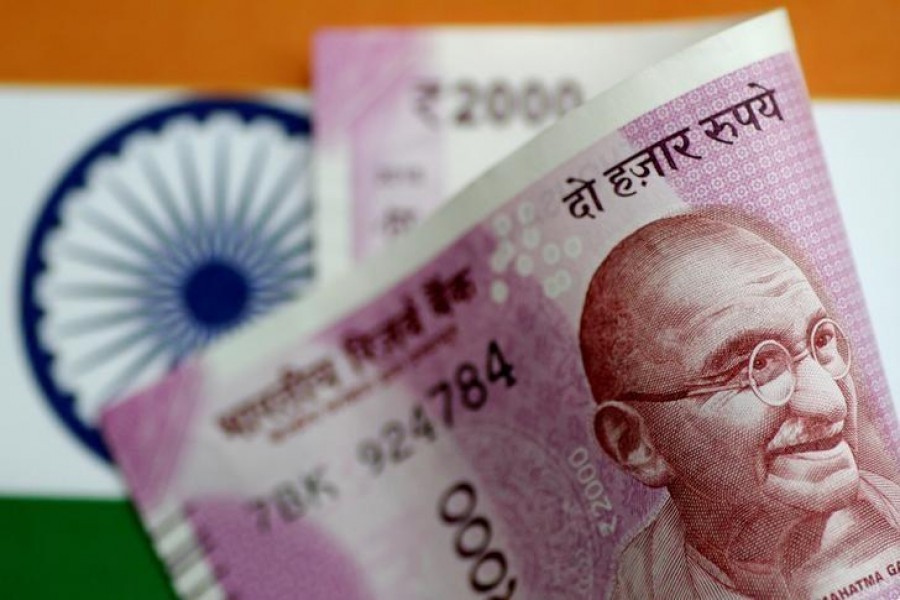India’s current account turned positive in the last quarter of the 2019/20 fiscal year as a result of a lower trade deficit and a sharp rise in net invisible receipts, the Reserve Bank of India said on Tuesday, the first quarterly surplus in 13 years.
The current account recorded a surplus of $600 million or 0.1 per cent of Indian gross domestic product in the three months to March 2020 compared to a deficit of 0.7 per cent in the same period a year ago, RBI data showed.
This represents the first time that India’s quarterly current account, which measures the difference between the value of a country’s imported and exported goods and services, has recorded a surplus since the January-March quarter of 2007.
The RBI data also showed the current account deficit (CAD) for the October-December quarter of 2019/20 was revised to $2.6 billion or 0.4 per cent of GDP from $1.4 billion earlier.
“On paper this looks healthy but it primarily reflects India’s economic slowdown, which has significantly reduced the non oil, non precious metals imports during FY20,” Rupa Rege Nitsure, chief economist at L&T Financial Holdings, said.
For the year as a whole the CAD narrowed to 0.9 per cent of GDP versus 2.1 per cent in 2018/19, the data showed.
“Net services receipts increased on the back of a rise in net earnings from computer, travel and financial services,” the RBI said in a release.
“Private transfer receipts, mainly representing remittances by Indians employed overseas, increased to $20.6 billion, up by 9.0% from their level a year ago,” it added.
The merchandise trade deficit narrowed slightly to $35 billion from $35.2 billion a year ago, RBI said.
Balance of payments stood at a surplus of $18.8 billion in Q4 of 2019/20, compared with a surplus of $14.2 billion a year ago, the RBI data showed.
There was an accretion of $59.5 billion to foreign exchange reserves in 2019/20, the RBI said. Forex reserves recently climbed to a record $507.6 billion before falling slightly.
“Our forecast for a modest deficit could easily swing to a surplus if differential of global versus domestic economic activity widens, lending to slower recovery in core imports,” Radhika Rao, an economist with DBS Bank said.


